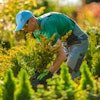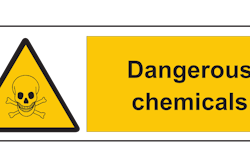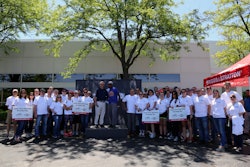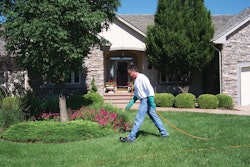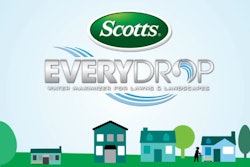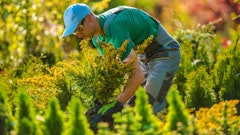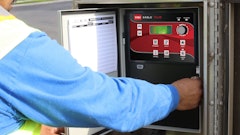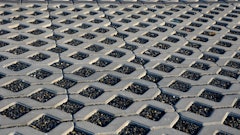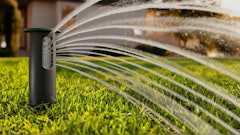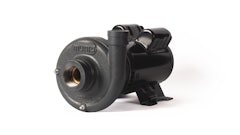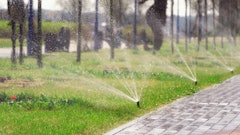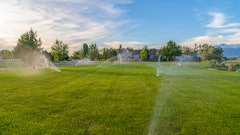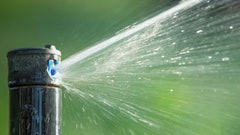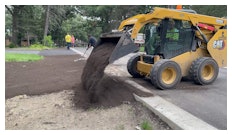As originally reported by the Chicago Tribune, the Park Ridge Park District will be pesticide free with the launch of a new natural lawn care program. The pilot program will begin with Maine Park as the first test site. The program is a partnership of the park district and Go Green Park Ridge. It will be one of the first for the northwest suburbs of Chicago.
"If successful, the pilot program will be extended and could be expanded to include more parks in the future,” the park district said in the news release.
According to a park district press release, the park's grass will be maintained "without use of synthetic pesticides" and by using "alternative weed control methods," like increasing grass height to improve root strength and make it too shady for weeds to grow between the blades.
Members of Go Green Park Ridge, a citizens' group that encourages environmentally friendly practices, had been urging the park district to explore natural lawn care for some time. Two years ago, they contacted Midwest Pesicide Action Center to assist in their effort. According to its website, the Midwest Pesticide Action Center's mission involves "reducing health risks and environmental impacts of pesticides by promoting safer alternatives."
According to the Midwest Pesticide Action Center's executive director Ruth Kerzee, The center's role in Park Ridge is to act as a "go-between for the park district and Go Green," while also providing education on natural lawn care and how to communicate the initiative to the public.
"It's been quite an effort to get the park district to engage fully and understand what were asking," Kerzee acknowledged. "Park districts are really reticent to make any changes that might incur the wrath of the public, so they are very nervous [to move to natural lawn care]."
The park district will no longer use synthetic weed killer at Maine Park, but with proper management Kerzee explains that weeds won't be taking over the grass.
"If it's managed appropriately, that won't be the case," she said of a weed outbreak. "When transitioning to natural lawn care, you have to get your lawn off the 'drugs' that it's been given all these years, so there may be an adjustment period."
According to Kerzee the process of becoming weed free naturally will take some time; they state that at least three years is required for a successful pilot program. The Midwest Pesticide Action Center also works to shift perceptions of what lawns should look like. They hope that more lawns, including residential, will opt to go pesticide and chemical free after the program.
The park district has also compiled recommendations for residential lawn care. They include:
• Watering to 1 inch, but no more than once per week. To measure, place an empty tuna can on the lawn and when it is filled by the lawn sprinkler, watering is complete for the week.
• Keeping lawns mowed at a length of at least 3 inches or higher
• Using organic fertilizers
• Weeding naturally
• Using grass seed mixed with compost and topsoil.


